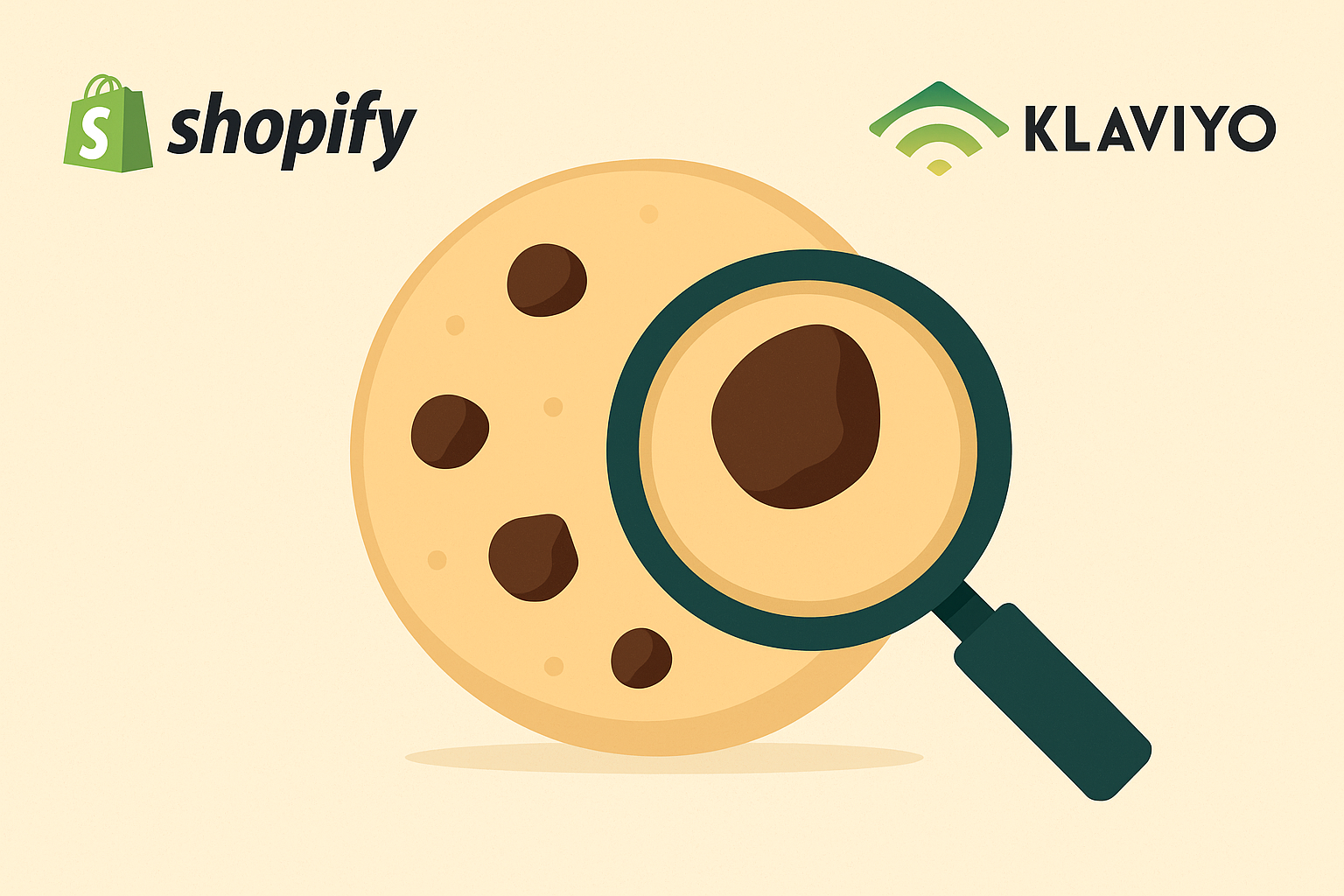
How to Identify Returning Users Beyond the 7-Day Cookie Limit
Learn why Klaviyo alone struggles to track returning visitors due to Shopify cookie tracking limits, and how Kluvos’s server-side tracking and probabilistic identity resolution can bridge the gap to capture more high-intent customers.
Why Returning Visitors Are Hard to Track in Klaviyo
For Shopify merchants using Klaviyo, tracking returning visitors isn’t as straightforward as it might seem. Browser privacy restrictions — notably Safari’s Intelligent Tracking Prevention (ITP) — impose a 7-day cookie expiration that limits Klaviyo’s ability to recognize visitors after a week. In practice, this means if a known customer returns to your store more than 7 days after their last visit, Klaviyo’s cookie-based tracking may not realize it’s the same person, causing them to appear as a new anonymous visitor.
How Cookie Limits Lead to Missed Flows and Lost Revenue
This tracking gap directly impacts your Klaviyo flows. Abandoned cart and browse abandonment emails rely on knowing when a customer takes an action. If Klaviyo can’t associate that action with a known profile (because the cookie expired), those automated emails simply don’t trigger. Studies show up to 60–70% of cart abandonment events may be missed due to cookie restrictions, resulting in a significant loss of recovery revenue.
Beyond the 7-Day Limit with Kluvos
Kluvos uses server-side event tracking to bypass browser cookie limitations. By sending first-party events from your Shopify backend to Klaviyo, Kluvos ensures customer actions—like product views and add-to-cart events—are recorded regardless of cookie expiration. This approach preserves customer identity across sessions and devices, even when browser-based cookies are cleared or blocked.
Server-Side Tracking vs. Cookies
- First-Party Context: Kluvos events originate from your domain, avoiding 3rd party restrictions.
- Persistent Identifiers: Kluvos maintains server-side records and uses real-time identity reconciliation to recognize returning visitors after 7 days.
- Shopify & Klaviyo Integration: When a shopper logs in or clicks an email, Kluvos captures that identifier and uses it for future sessions.
Probabilistic Identity Resolution
For fully anonymous visitors, Kluvos employs probabilistic matching—using device patterns and browsing behavior—to generate AI-driven events in Klaviyo. This technique can recover an additional 10–25% of revenue from abandonment flows by identifying customers who would otherwise remain invisible.
Real-World Impact on Klaviyo Flows
Merchants integrating Kluvos report a 30% average increase in revenue from abandoned cart and browse abandonment flows. By recognizing returning visitors beyond the cookie window, more shoppers enter your automated sequences, resulting in significantly higher email recovery rates and sales.
Conclusion: No More Missed Connections
Cookie-based limitations shouldn’t dictate your marketing success. With Kluvos’s server-side tracking and identity resolution alongside Klaviyo, Shopify merchants can ensure returning visitors are recognized—unlocking more email opportunities and maximizing revenue. Break free from the 7-day cookie limit and engage more of your high-intent customers today.